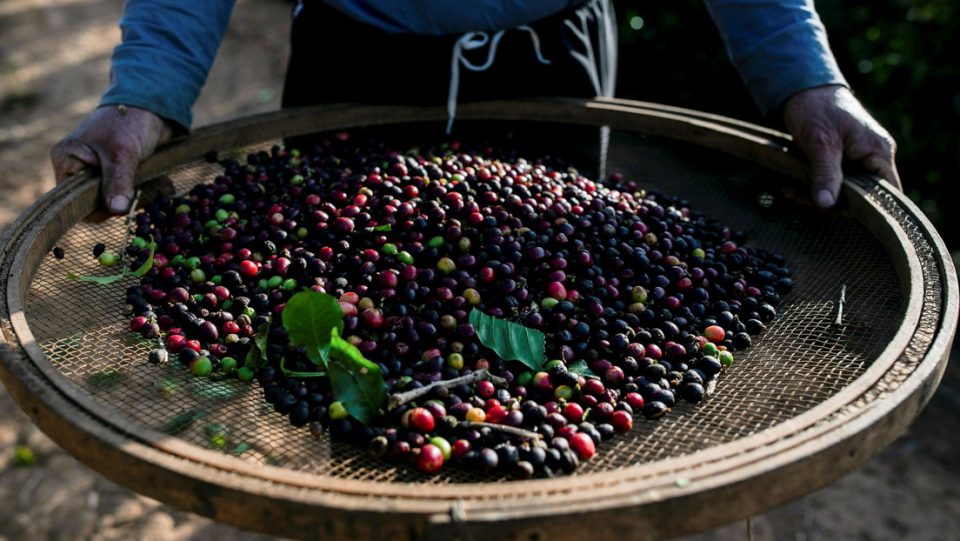The price of coffee has reached its maximum of 10 years and analysts believe that it will surely continue to grow until 2023. Its December delivery value amounted to $ 2.34 per pound (about 450 grams), while coffee futures on the New York Intercontinental Stock Exchange soared to as low as $ 2.34 per pound. $ 2.46 last Thursday, marking highest price since 2011, when it exceeded $ 3 per pound, pick up CNBC.
Likewise, the International Coffee Association’s reference price was $ 2.07 per pound last Friday, which represents an increase of 85% compared to the previous year. According to Ole Hansen, Head of Commodity Strategy at Saxo Bank, this is a “perfect storm of events“which influenced the price increase.
“I think we have to focus on what has been developing in Brazil this year, where we have had generational low temperatures, a very quick frost that affected some of the growing areas, and we have had a dry spell; this has left the 2022 harvest in a somewhat precarious state, “said the expert, adding that the climatic difficulties would be noticeable in the next two years.
“If the projections for the next few months continue to confirm a slowdown or reduction in production, then the risk that our infusion will become more expensive is very real,” Hansen warned.
Transportation disruptions, a civil war and the pandemic
However, experts point out that the problem of cultivation is not the only one that threatens the costs of the product. Exporting countries like Ethiopia, Brazil and Vietnam They are key for the industry to function well, since most of the coffee supply is concentrated in these states. However, factors such as the civil war that is about to break out in Ethiopia or the increase in coronavirus cases in Vietnam could seriously affect its production.
In addition, due to the pandemic and the closure of borders between countries, companies that produce and refine coffee into a ready-to-drink product – which are often located in different parts of the world – encountered difficulties to offer your merchandise to the world market.
“If there is damage in one or two of those countries, as we have had, suddenly the market goes crazy to try to encourage other countries to produce coffee. That’s the underlying principle, and then the icing on the cake has really been the freight transport disruptions, “commented Maximillian Copestake, Marex company’s executive director of European coffee sales.
The executive emphasized that improvements should not be expected before about two years pass until the situation stabilizes and coffee production responds to a change in price.
“I don’t think we’re out of the woods yet“Copestake warned.” But when the price goes up, every bag of coffee available in every farmer’s warehouse goes on the market, because the prices are great. Therefore, there is an incentive to plant more, but also to minimize stocks at source and carry those stocks to destination. I think we are probably doing that. “
Disclaimer: This article is generated from the feed and not edited by our team.


